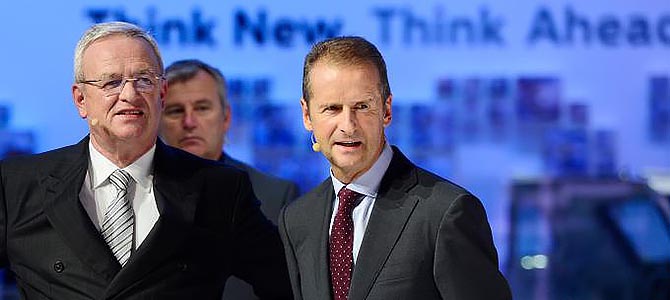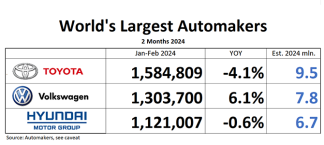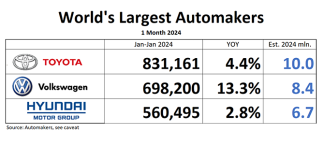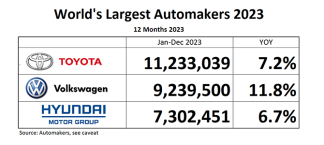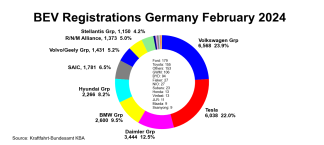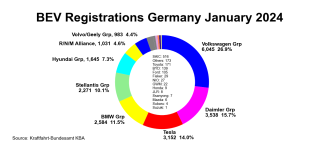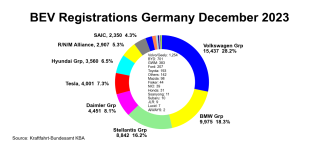Yesterday, Bloomberg reported on what it calls an “unusual deal:” Volkswagen’s new CEO Herbert Diess has received assurances of safe passage from U.S. authorities. Today, Germany’s BILD tabloid says it knows the price Diess had to pay for being able to travel the globe without worries about being arrested at the next border: In an interview with the FBI and U.S. DOJ, Diess threw former Volkswagen CEO Martin Winterkorn under the bus, BILD says.
A few days ago, Diess traveled to the U.S. for a date with the feds. In the interview, “Diess didn’t help with the case against Winterkorn, according to the people familiar with the matter,” wrote Bloomberg. According to BILD, Bloomberg needs better sources. BILD learned “that the new CEO made statements which U.S. investigators treat as incriminating for Winterkorn.”
Last week, Winterkorn was indicted in the U.S. for his role in the Dieselgate scandal. Would he travel to the U.S., Winterkorn would be arrested on the spot. A “Red Notice” was filed with Interpol, with the effect that Winterkorn cannot leave Germany without running the risk of being arrested at the next border, and extradited to the U.S. At home in Germany, Winterkorn is safe in his Munich mansion, where he lives on a $110,000 pension – per month. Except for rare cases inside of the EU, Germany does not extradite its citizens.
At the core of the allegations against Winterkorn is a meeting in July 2015, where Winterkorn and other VW executives were informed about the brewing dieselgate scandal. Only months later, and under pressure from the U.S., Volkswagen confirmed that there could be a problem. Soon thereafter, Winterkorn stepped down, while claiming his innocence. Diess, who just had switched to VW from BMW, was in the meeting. According to BILD, he testified in the U.S. about what happened in the meeting.
Ever since Volkswagen manager Oliver Schmidt was arrested in Miami during a holiday trip, international travel of Volkswagen’s higher-ups was severely curtailed. Crossing borders to attend meetings abroad has become stressful. Despite cooperating with the authorities, Schmidt was sentenced to 7 years in prison. Meanwhile in Europe, many observers are talking about a trade war with underhanded means, pointing out that in the U.S., Volkswagen is met with the full force of justice, while likewise cheating Fiat-Chrysler rarely gets a mention.
